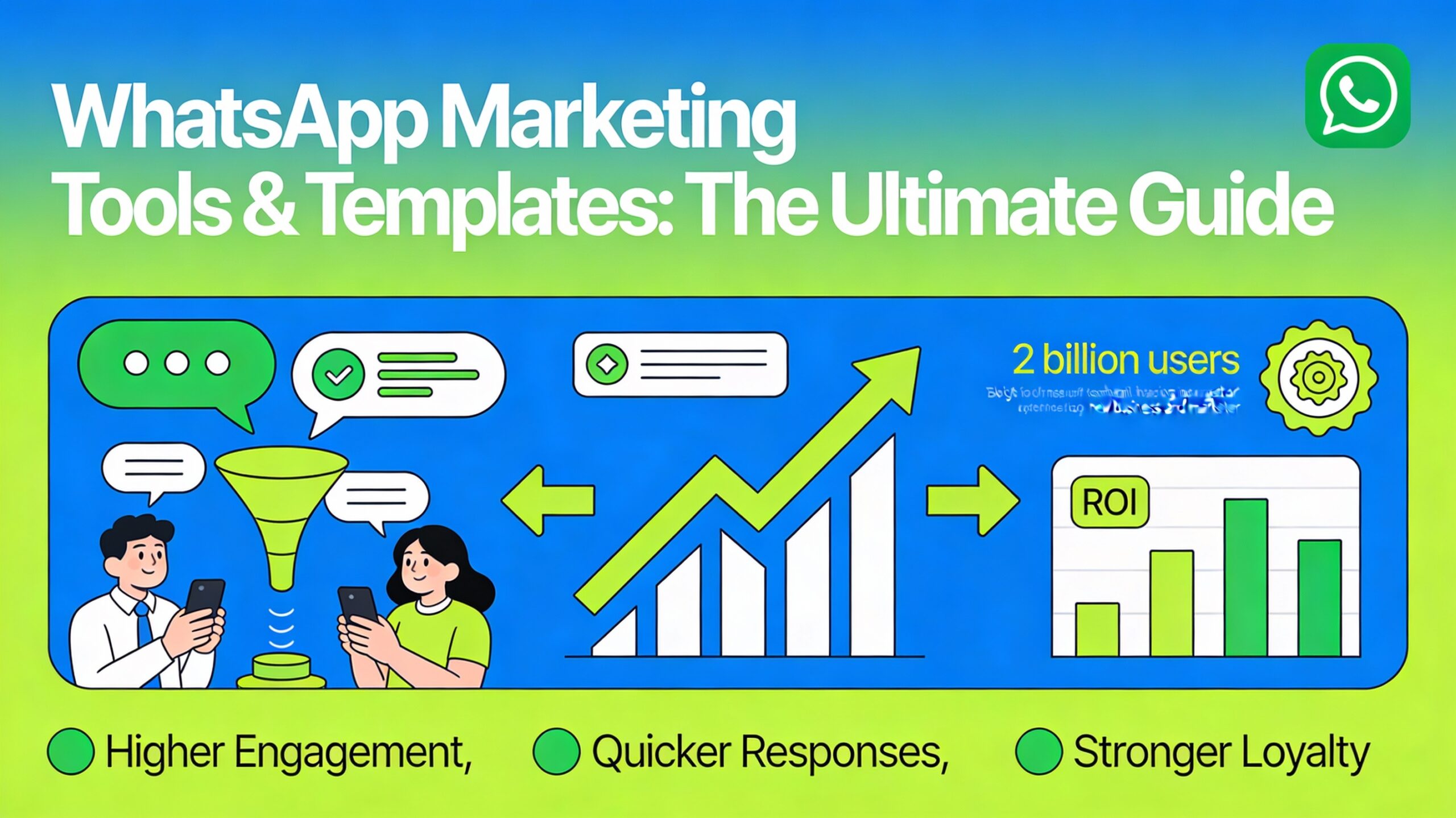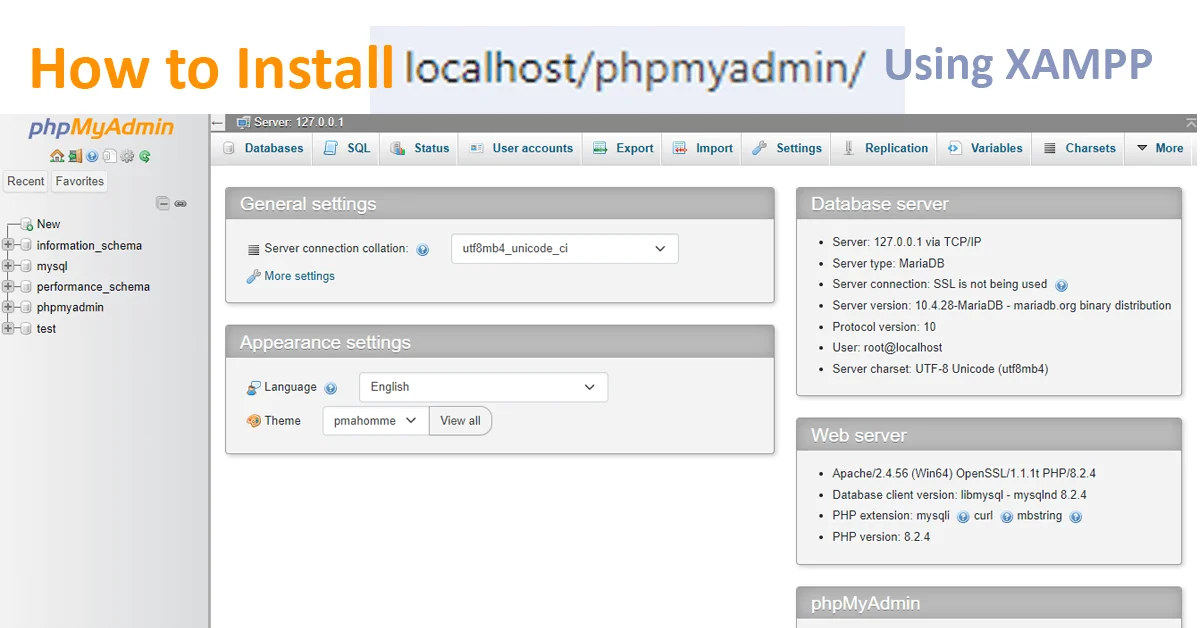Social Media Marketing which is very commonly known as SMM. It has become a part of growing a business in today’s digital world. In 2024, it’s not just about posting on Facebook or Instagram, it’s about using these platforms to connect with your audience, build your brand, and drive sales. Here in this blog, I will break down what is SMM, why it’s important, and how you can use it effectively. We’ll cover everything from choosing the right platforms and creating engaging content to setting goals and analyzing your results. Whether you’re new to SMM or looking to refine your strategy, this blog will help you navigate the world of social media marketing with ease.
What is Social Media Marketing?
Social Media Marketing means using social media sites like Facebook, Instagram, Twitter, and LinkedIn to promote your business. It involves creating posts, running ads, and interacting with users to get more people to notice your brand, visit your website, and make purchases. SMM is a great way to connect with potential customers and grow your business online.
Table of Contents
Difference Between Social Media Marketing and Traditional Marketing:

Social Media Marketing (SMM) and Traditional Marketing are two different approaches to promoting a business. It purely depends on which one to use for your brand. Here is the key difference:
- Social Media Marketing: It uses digital platforms like Facebook, Instagram, Twitter, and LinkedIn. It’s interactive, meaning you can directly engage with your audience through posts, comments, and messages. You can also run targeted ads that reach specific groups of people based on their interests and behaviors. This allows for real-time feedback and quick adjustments to your strategy.
- Traditional Marketing: It includes methods like TV ads, radio spots, print ads in newspapers and magazines, and billboards. These methods are more one-way communication, where you send your message out but have limited interaction with your audience. They also tend to be more expensive and less targeted compared to social media ads.
SMM is more interactive and allows for precise targeting and quick changes, while Traditional Marketing is often broader and less flexible. Social Media Marketing can provide immediate feedback and is generally more cost-effective.
Benefits of Doing Social Media Marketing:
SMM offers numerous advantages for businesses of all sizes. It’s an essential tool in today’s digital world for connecting with customers, building your brand, and driving growth. Here’s how SMM can benefit your business:
- Increased Brand Awareness: Social media platforms help you reach a large audience. By regularly posting and engaging with users, you make your brand more visible to potential customers.
- Better Customer Engagement: Directly interact with your audience through comments, messages, and posts. This helps build stronger relationships and trust with your customers.
- Cost-Effective Advertising: Social media ads are often cheaper than traditional advertising methods. You can set specific budgets and target your ads to reach the right people.
- Enhanced Customer Insights: Track and analyze user behavior and preferences. This information helps you tailor your marketing strategies to better meet your audience’s needs.
- Increased Website Traffic: Share links to your website and drive traffic through engaging posts. This can lead to more visitors and potential sales.
- Higher Conversion Rates: Engaging content and targeted ads can lead to higher conversion rates. Users who interact with your brand on social media are more likely to become customers.

You can effectively increase your brand’s reach using Social Media, engage with customers, and achieve your business goals.
Key Components of Social Media Marketing as of 2024:
Social Media Marketing is a powerful way to connect with your audience and grow your business online. To make the most of SMM, you need to understand its key components. Here’s a simple breakdown:
- Social Media Platforms: Websites and apps like Facebook, Instagram, Twitter, LinkedIn, and any other where people connect and share content. Select platforms where your target audience is most active and where your business can shine.
- Content Creation: Includes posts, stories, videos, and infographics that capture your audience’s attention. You need to craft content that is interesting, relevant, and prompts interaction from your audience.
- Audience Engagement: You need to build a relationship with your audience by responding to their comments and messages. You can use some engaging techniques. Make Use of polls, questions, and interactive posts to increase engagement and loyalty.
- Advertising on Social Media: Make use of Social Media Ads which are basically paid ads that appear on social media platforms to promote your business. You need to set Targeting and Budgeting. Set specific audience targets and manage your spending to maximize the impact of your ads.

You can start by focusing on these key components and watch your business grow. If you need help, feel free to reach out to Webrigo Business solution for more tips and strategies.
Best Social Media Platform for Effective Marketing in 2024:
Any platform can be best for where you target audience is. Now it is completely up to you to figure out which platform is better for your Social Media Marketing. The best social media platform in 2024 for effective marketing are:
- Facebook: Great for reaching a broad audience with its versatile ad options and detailed targeting features. Ideal for building brand awareness and engaging with diverse groups.
- Instagram: Perfect for visually-driven businesses. Its Stories and Reels features help showcase products creatively and connect with younger audiences.
- LinkedIn: Best for B2B marketing and networking. It’s ideal for connecting with professionals and sharing industry-related content.

Choose the platform where your target audience spends the most time and aligns with your marketing goals for the best results. Once you are done with this, now you need to plan a effective SMM strategies that align with your needs and your customer’s demand.
Steps to Develop an Effective Social Media Marketing Strategy:
Well, if you are new to this and haven’t done it before, here is a quick guide for you to develop an Effective Social Media Marketing Strategies.
- Set Clear Goals: Decide what you want to achieve, like increasing brand awareness, driving website traffic, or boosting sales. Make sure your goals are specific and measurable.
- Know Your Audience: Understand who your target audience is. Think about their age, interests, and which social media platforms they use.
- Choose the Right Platforms: Pick social media platforms that fit your business and where your audience is most active. Focus on a few rather than spreading yourself too thin.
- Create a Content Plan: Plan what type of content you will post, like photos, videos, or articles. Decide how often you will post and create a calendar to keep track.
- Engage with Your Audience: Respond to comments and messages. Show that you care about your followers by interacting with them regularly.
- Run Ads: Use social media ads to reach a larger audience. Set a budget and target your ads to the right people.
- Track and Analyze: Monitor how your posts and ads are performing. Use analytics tools to see what’s working and what needs improvement.
- Adjust Your Strategy: Based on your results, tweak your strategy to better meet your goals. Keep experimenting and improving.

These are some steps to create strategies, you need to do your own research to get better and effective social media accounts. You need to follow the trends to get higher organic reach which will benefit you in the long run.
Trends and Best Practices for Social Media Marketing in 2024:

To stay ahead in Social Media Marketing means adapting to new trends and following best practices. With ever-evolving platforms and audience behaviors, understanding these updates can help you effectively engage with your audience and drive business growth. Here’s what you need to know about the latest trends and best practices.
- Influencer Marketing: Partner with popular social media personalities who can promote your brand to their followers. This helps build trust and reach new audiences.
- Social Commerce: Sell products directly through social media platforms. Features like Instagram Shops and Facebook Marketplace make it easier for people to buy from you without leaving the app.
- AI and Automation: Use artificial intelligence to personalize content and automate responses. This helps you engage with your audience more efficiently and effectively.
- Short-Form Video Content: Create short, engaging videos for platforms like Instagram Reels. These quick videos are perfect for capturing attention and driving engagement.
Read More: Selling on E-Commerce: Pros and Cons for Small or New Businesses
Best Practice for SMM to build Trust:
- Personalize Content: Create your posts to match the interests and needs of your audience. Personalized content is more likely to resonate and encourage interaction.
- Be Consistent: Maintain a regular posting schedule to keep your audience engaged and your brand top-of-mind.
- Maintain Brand Voice: Keep your messaging and tone consistent across all platforms. This helps build a strong, recognizable brand identity.
- Prioritize Data Privacy: Respect user privacy and comply with data protection regulations. Being transparent about how you use data builds trust with your audience.
Always try to connect with your audience. Keep innovating and adjusting your approach to stay relevant and achieve your marketing goals. You may face some challenges while doing so, here are solutions for how to overcome this.
Common Challenges in SMM and How to Overcome Them:
Social Media Marketing (SMM) comes with challenges, but you can overcome them with the right strategies. Here are some common things that you may face initially or in your long term goal.
Negative Feedback: Handling criticism or complaints can be tough. You need to respond calmly and professionally. Address issues quickly and use feedback to improve.
Algorithm Changes: Platforms often change how content is shown. You need to stay updated with platform news and adapt your content strategies accordingly. Focus on creating high-quality, engaging content.
Keeping Up with Trends: Trends can change rapidly. You need to regularly research and follow industry news. Be flexible and ready to adjust your content to stay current.
Time Management: Managing multiple accounts and creating content can be time-consuming. Use scheduling tools to plan posts in advance and streamline your efforts.
By tackling these common challenges with the right strategies, you can improve your social media efforts and stay on top of your game.
FAQs on SMM in 2024:
How can I choose the right social media platform for my business?
Select platforms where your target audience is most active. For visual products, use Instagram. For professional services, LinkedIn might be best. Focus on where your audience spends their time.
How often should I post on social media?
Aim to post consistently, whether daily, a few times a week, or weekly. Consistency keeps your audience engaged and helps maintain your brand’s presence online.
What types of content should I create?
Create a mix of content, including images, videos, and text posts. Use stories, infographics, and interactive posts to keep your audience engaged and interested in your brand.
How do I measure the success of my social media marketing?
Track key metrics like engagement rates, website traffic, and conversion rates. Use analytics tools provided by social media platforms to assess performance and adjust your strategy accordingly.
What is the best way to handle negative comments?
Respond quickly and professionally. Address the issue calmly, offer solutions if possible, and take the conversation offline if needed. This shows you care and helps maintain a positive brand image.
How much should I budget for social media advertising?
Budget based on your goals and the platforms you use. Start with a small budget, test different ads, and adjust based on performance. Ensure you get a good return on investment.
Can social media help with customer service?
Yes, social media is a great tool for customer service. You can quickly respond to queries, resolve issues, and provide updates, enhancing your customer support and satisfaction.
How do I create engaging content?
Focus on your audience’s interests and needs. Use high-quality visuals, compelling captions, and interactive elements like polls or questions. Tailor content to each platform for better engagement.
What are some common mistakes in social media marketing?
Common mistakes include inconsistent posting, ignoring analytics, and not engaging with followers. Avoid these by maintaining a regular schedule, tracking performance, and actively interacting with your audience.









